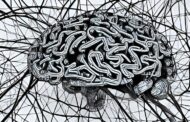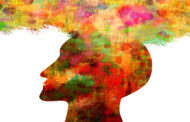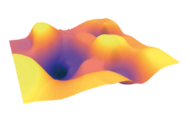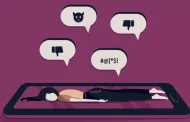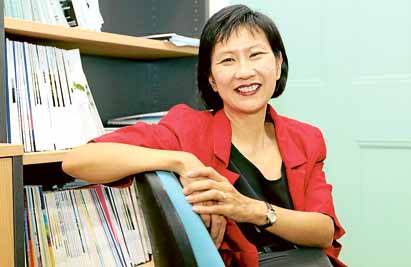
Depression relief: Professor Colleen Loo from the UNSW’s school of psychiatry hopes tDCS will be available to treat depression ‘‘in years, not decades’’. Picture: Jane Dyson
Unexpectedly, tDCS was also shown to improve attention and working memory
RESEARCH by St George Hospital psychiatrist Colleen Loo into the efficacy of stimulating the brain with small electrical currents to treat depression has had some unexpected findings.
The groundbreaking trial of 64 people with depression found transcranial direct current stimulation (tDCS) was very effective in improving mood.
Unexpectedly, tDCS was also shown to improve attention and working memory.
TDCS uses the same level and type of current found in a small household battery to gently shift the functioning of nerve cells in the brain. Psychiatrists believe it can help with depression in parts of the brain that are underactive.
‘‘To my knowledge this is the first time we have shown in depressed people that giving them tDCS not only improves their mood, but cognition and thinking,’’ Professor Loo said.
‘‘It’s almost an added bonus. We were setting up to treat depression but it’s had this other effect as well.’’
Professor Loo said a journalist who had participated in the trial said his ‘‘writer’s block’’ cleared for a few hours after tDCS.
Another participant said his difficulties with reading had improved during the period of the trial. Similarly, a woman with a neck condition said her pain had abated.
‘‘A few people spoke to us [of] the same kind of idea, that their mind was much clearer for a while after the tDCS,’’ Professor Loo said.
‘‘This is something really exciting. We were testing things like concentration and thinking for safety reasons.




